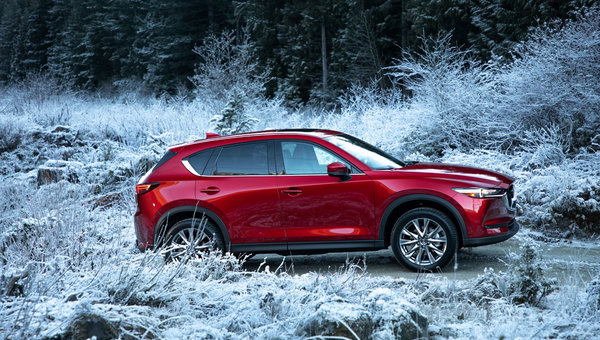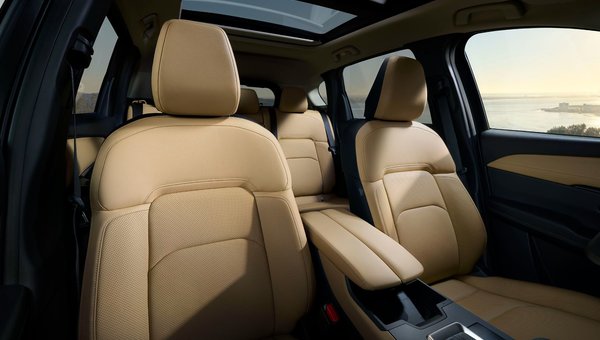Understanding why trade in values differ from market value
July 22 2020,

You have surely noticed that trade-in values have a tendency to be lower than market values when you are trading in your current vehicle. Perhaps you have wondered why that is or maybe you have been frustrated by the trade-in value you received.
Well, for starters, one of the reasons why the trade-in value differs from the market value is that there are costs incurred to sell a vehicle that are taken into account by the wholesaler. These costs can be small, or they can be more significant, but they do need to be taken into account.
More importantly, there is a difference in how taxes are applied when you trade in your vehicle instead of selling it yourself.
Here’s a simple example:
Let’s say that you sell your vehicle for $20,000, but the dealership gives you $17,000. You decide to apply the $20,000 to the price of your next vehicle that cost $30,000. The $30,000 plus tax and dealership fees equals roughly $34,500. Your $20,000 will be reduced from the $34,500 to give you a net cost of $14,500. Now, the trade-in is applied before tax. That means that we take $30,000 and reduce $17,000 which equals $13,000. The tax is then added to the $13,000 which equals $14,950 with dealership fees. In the end, selling the vehicle yourself nets you only $450. If we give you $17,500 for your trade-in, then you come out on top with the value.
This is just an estimation, but you can see how sometimes saving the headache of selling your vehicle yourself can be worth it.





